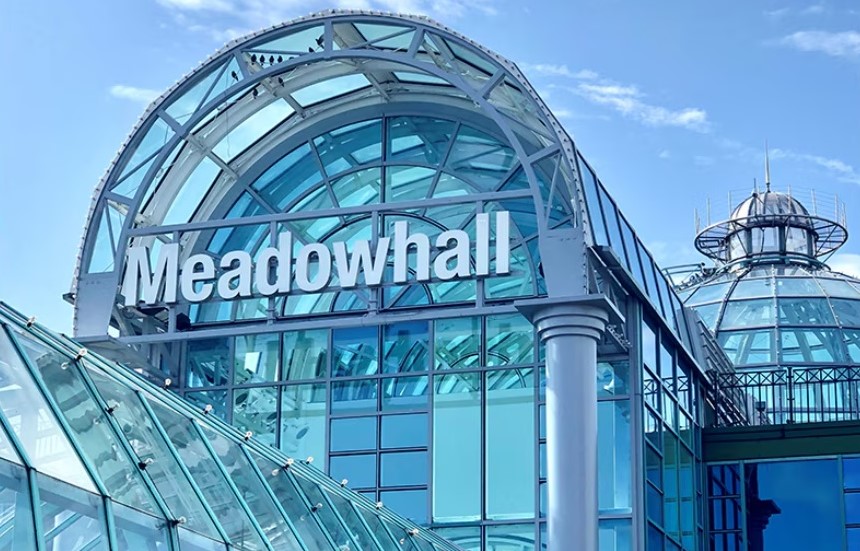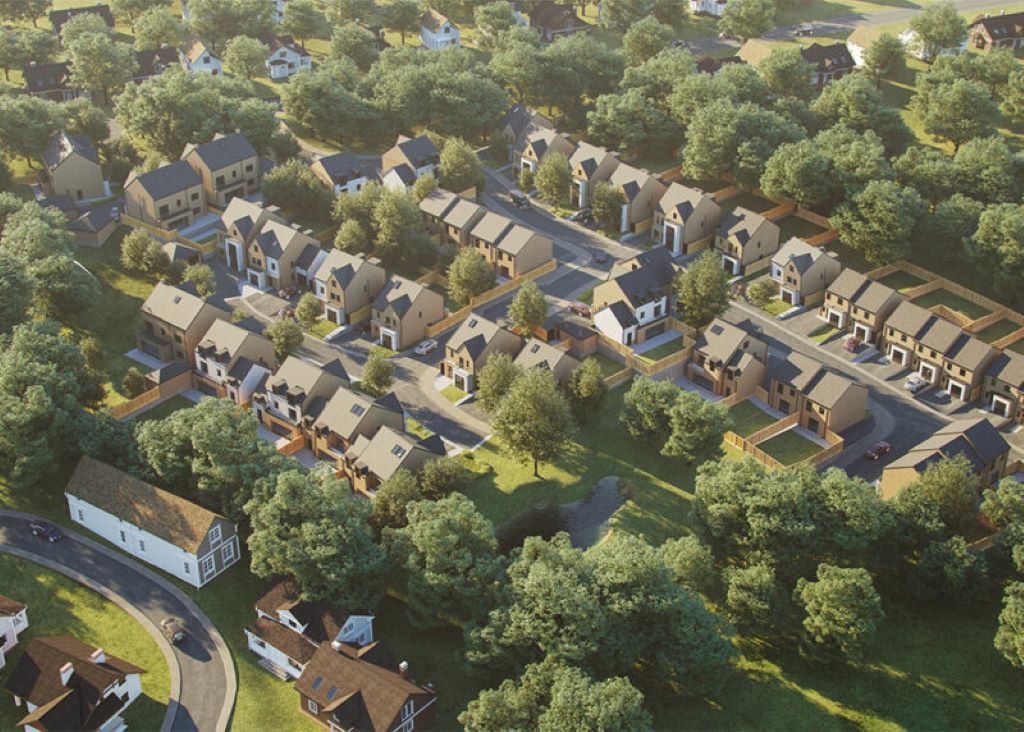JLL reports bumper H1 for Yorkshire investment market
Investment in Yorkshire real estate bucked a national trend by outstripping the long-term average rate in 2024’s first six months, according to the firm’s research.
JLL’s research showed the region’s property sector attracted £849m of investment in H1, a 30% increase on the region’s 10-year average.
British Land’s £360m sale to Norges Bank IM of its 50% stake in Sheffield shopping centre Meadowhall, a deal completed in May after months of speculation, was a standout in the region.
Yorkshire’s figures came in contrast to those seen across most of the country, where political and economic uncertainty meant totals fell below the 10-year average trend.
The UK as a whole saw a 25% dip in investment in the first six months of the year when compared to the 10-year average.
JLL’s research showed investment in the country’s property sector reached £16.2bn in H1, down on the 10-year average of £21.5bn but in line with figures seen in H1 2023.
The sale of two major hotel portfolios – £801m of Radisson Edwardian assets and the Landsec UK Accorinvest portfolio, traded at £400m – were highlight deals.
Although headline volumes remained a little subdued throughout the first half of the year, overall volumes including M&A, land and development investment increased 12% year-on-year to £22.6bn, said JLL.
The data also shows international investors remaining active in the UK, accounting for 52% of the total in H1 and reaffirming confidence in the UK real estate market.
Elsewhere, the living sector, which includes all segments of the residential market including student accommodation and retirement homes, maintained demand attracting the largest proportion of investment for the third quarter running. JLL’s research showed it attracted £4.8bn in investment, accounting for a 30% share of the market.
Tom McWilliams, head of Yorkshire at JLL, said: “Yorkshire’s real estate market – like its wider business community – continues to show resilience in the face of the economic headwinds it has faced. A recession at the end of last year, high interest rates and an uncertain political backdrop make its performance even more impressive.
“Stability in policy, proposed changes to the planning system to make building less burdensome and optimism that interest rates will continue to fall means many will be eyeing the second half of the year as an opportune time to investment. Those factors will, in turn, be crucial to driving the economic growth the new government is aiming for.”





